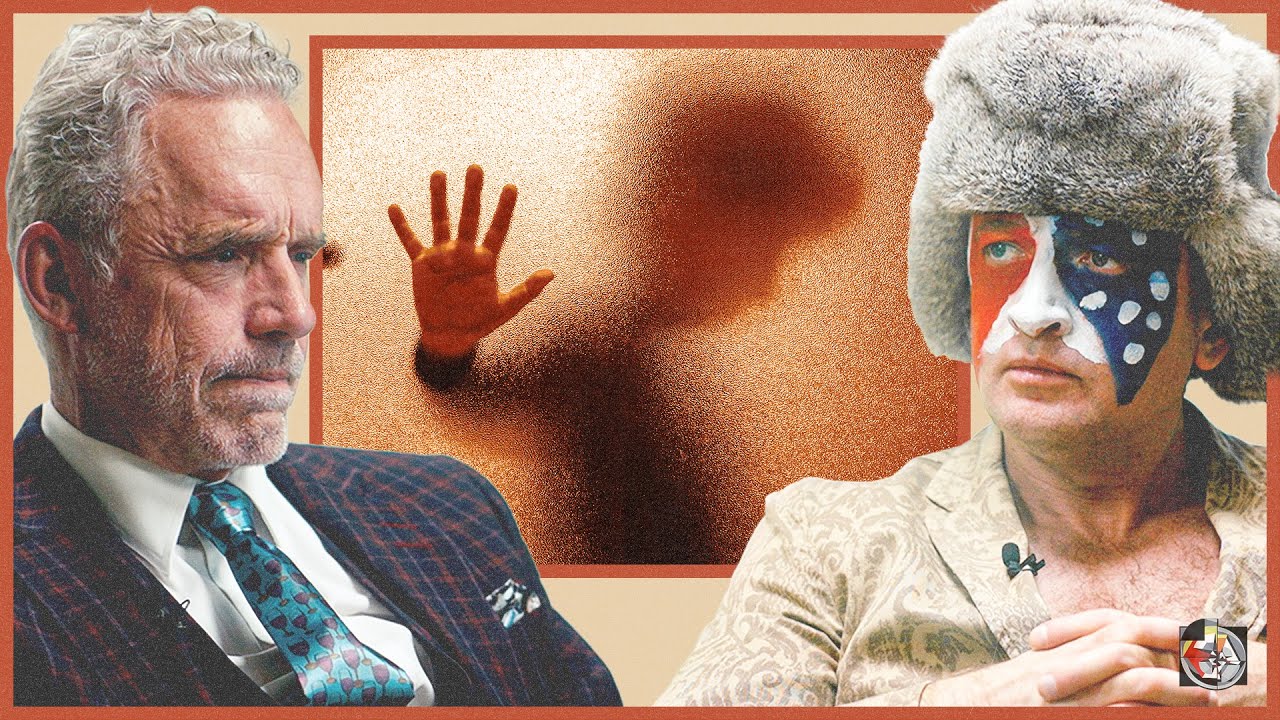In the video, Michael Malice and his guest explore the disturbing nature of evil, particularly in relation to heinous acts against children, questioning the psychological motivations behind such behaviors and the societal structures that enable them. They emphasize the importance of confronting and understanding the darkness within humanity, advocating for a more honest dialogue about these pressing issues.
In the video, Michael Malice and his guest delve into the complex and disturbing nature of evil, particularly focusing on heinous acts against children. They express their confusion and horror at the motivations behind such acts, questioning the psychological underpinnings of individuals who engage in these behaviors. The conversation highlights a specific incident involving a CNN producer arrested for possessing child exploitation materials, leading to a broader discussion about the community and mindset that supports such depravity. The speakers grapple with the idea that understanding evil, especially when it involves the most innocent victims, feels alien and incomprehensible.
The discussion references the biblical story of Cain and Abel to illustrate the roots of resentment and the destructive nature of sin. Cain’s feelings of inadequacy and rejection lead him to commit the first murder, which serves as a metaphor for the perverse motivations behind acts of evil. The speakers argue that the act of harming children represents the ultimate inversion of moral values, as it targets the most vulnerable and innocent members of society. This inversion is seen as a way for individuals to assert power and dominance over the very essence of goodness.
Malice and his guest further explore the psychological aspects of those who commit such acts, suggesting that there is a deliberate invitation of evil into their lives. They discuss how individuals can become possessed by dark thoughts and fantasies, leading them to commit unspeakable acts. The conversation touches on the idea that these individuals often engage in a long process of fantasizing about their actions, which can be likened to a demonic possession. This notion emphasizes the depth of depravity that can exist within the human psyche.
The speakers also address the societal response to these issues, particularly the media’s tendency to downplay or ignore the severity of child exploitation. They argue that there is a moral panic surrounding certain topics, such as climate change, while more pressing issues like childhood assaults receive less attention. This disparity is attributed to various factors, including fear of backlash from social movements and a reluctance to confront uncomfortable truths about human nature.
Ultimately, the video presents a bleak view of the human condition, suggesting that evil is deeply embedded in society and often goes unacknowledged. The speakers emphasize the importance of recognizing and understanding the nature of evil, as well as the societal structures that allow it to persist. They call for a more honest dialogue about these issues, urging viewers to confront the darkness that exists within humanity rather than turning a blind eye to it.
